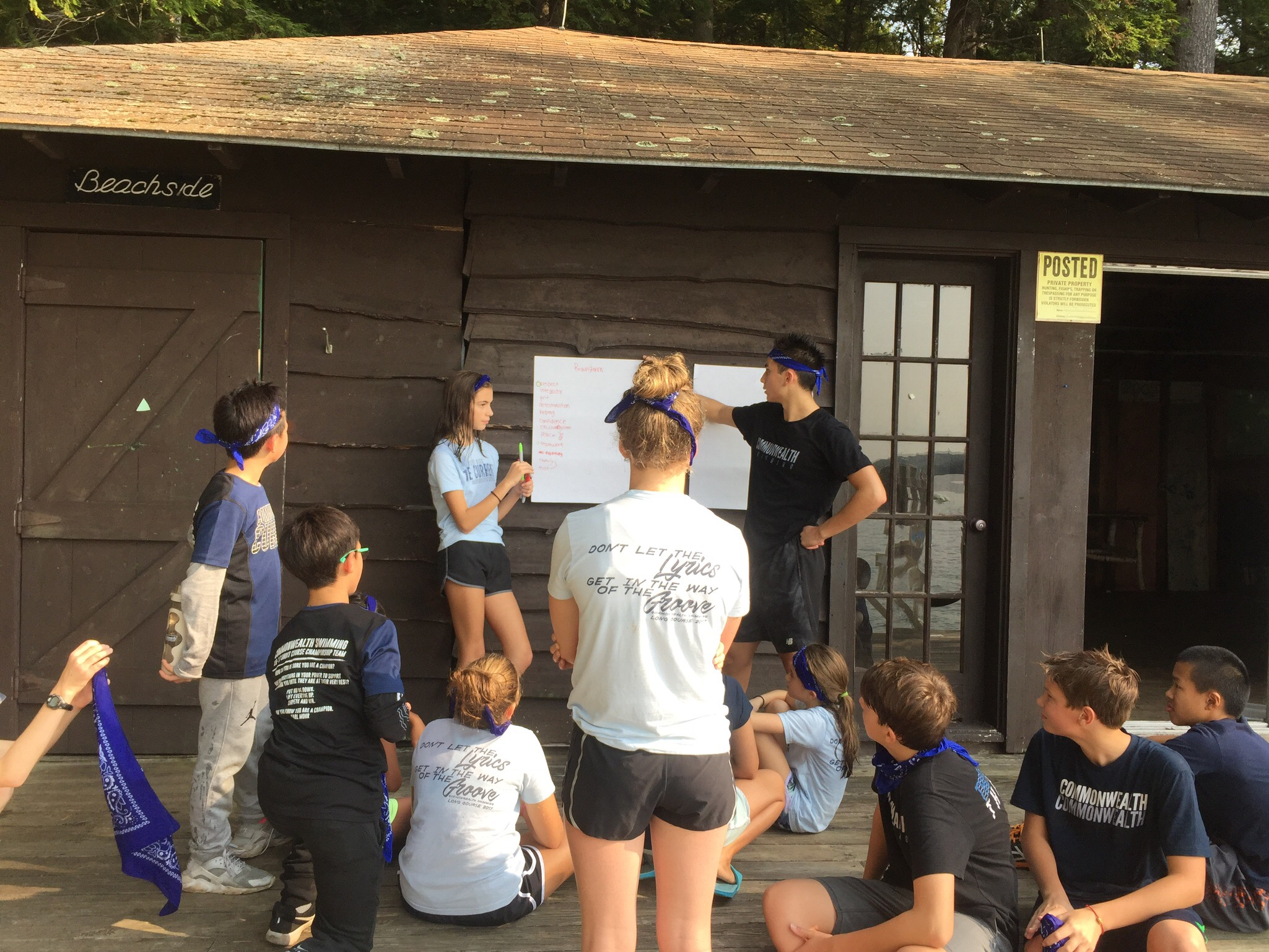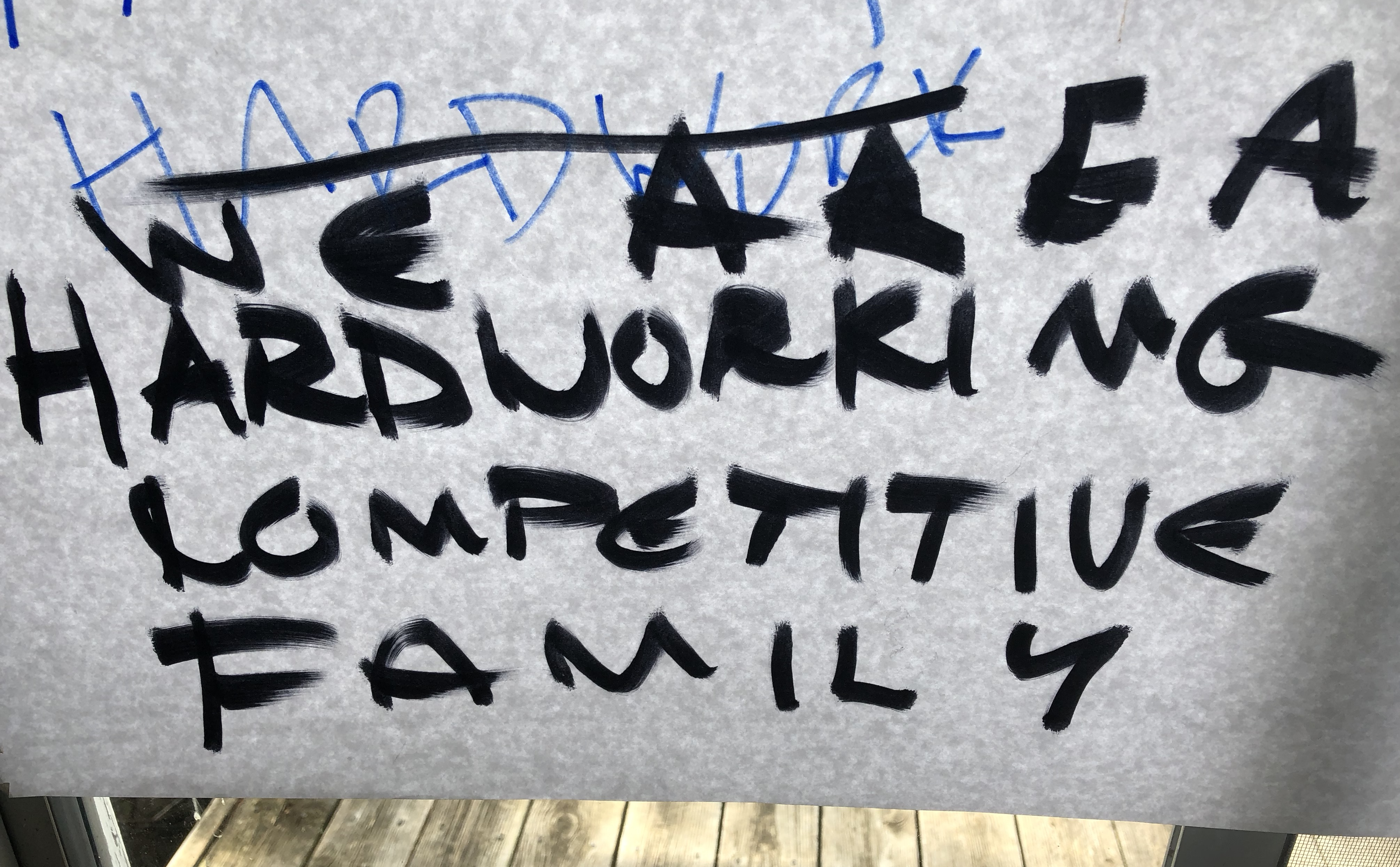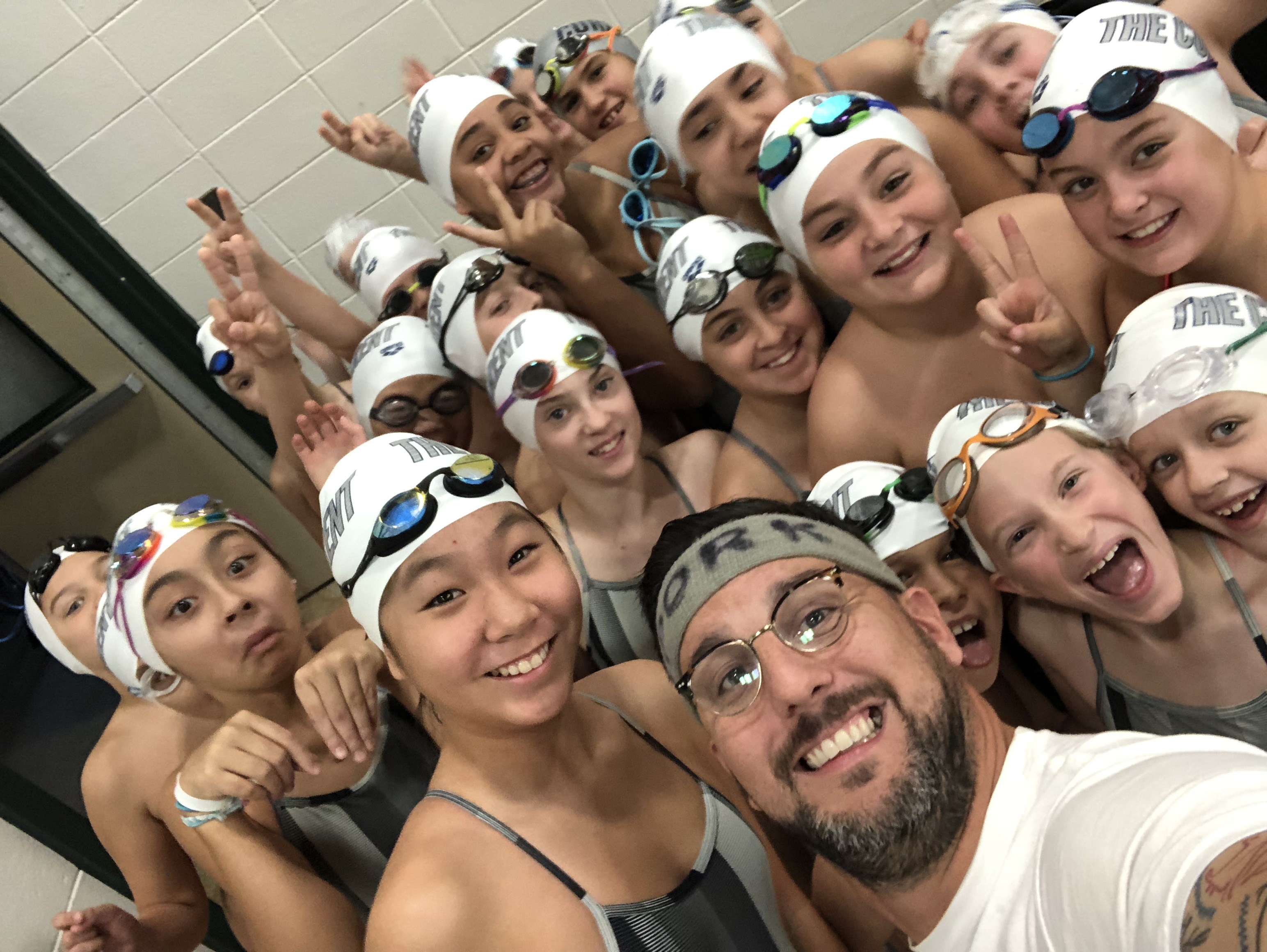
We are a hardworking, competitive family.
Committed to developing the highest level of athletic performance, integrity and citizenship within the team and individual through hard-work, commitment and leadership development. Each community member plays an integral role in the creation and cultivation of a culture of excellence where fulfilling our highest potential becomes possible. These tenants are embraced by all coaches, athletes and parents as the foundation for personal and community growth in and out of the pool.

Philosophy -
Commonwealth Swimming is founded on the beliefs that in order to maximize long term athletic development 1) young athletes must be developed as a whole person 2) greatness does not happen in a vacuum and 3) training groups must provide systematic progression of increased expectations and involvement. Within this framework the Commonwealth coaches work to instill the foundations of a love for the water and swimming; the value of citizenship and teamwork; a love for the Commonwealth Current and Commonwealth teammates; strong technical skill acquisition and a sound, robust work ethic. As swimmers develop emotionally and physically, the workloads they experience in and out of the water must increase in order to maximize future growth. This increase in physical demands as well as demands on their time outside of the pool will most often lead to psychological growth necessary for managing difficult and challenging experiences in the pool and in life. Through these tribulations, athletes learn the importance of relying on coaches, teammates, family and themselves to manage trying situations.
Community -
The foundation of what Commonwealth uses to develop our young athletes as whole people is community involvement. At Commonwealth the connections between young and old, experienced and novice, the team and the world in which the team exists are considered key in providing role models and context for the skills we strive to teach. Through structured events such as the team banquet, retreats, and casual interactions - at meets, practice and social events - between coaches, athletes and teammates, athletes learn their role in upholding, evolving and passing on the values, culture and traditions of the team.

Parents -
Young athletes learn most from their parents and as such the true meaning of commitment and dedication comes from the family first. It is vital that parents clearly understand their role in supporting their swimmer in all aspects of the sport; most specifically in training. Given the large number of demands and desires that athletes have, it is obvious and likely that there will be days they do not want to attend practice. Parents are key in teaching the difference between commitment and convenience.
Training Groups -
Organization of the training groups is based on the understanding that young athletes need an engaging and fun environment, knowledgeable coaching and full family support in order to progress in a predictable manner. That being said, athletes progress in many different speeds and in many different areas; no two paths are alike. At each level of the Commonwealth Current program the training group goals and objectives are specific and the coaches structure group training plans with the expectations and goals of each practice group in mind. Placement in a particular practice group is determined by several factors; an athlete’s calendar age, biological age, peer group, technical development and level of commitment all play a factor in the coaching staff’s decisions.
Peers -
An athlete's peer group can play a significant role, both positively and negatively, in their perception of progress and enjoyment of training sessions. For most young athletes, it is the primary driving force keeping them engaged and coming to practice. As such, we emphasize the importance of teammates and sportsmanship rather than cliques and social circles. While we strive to keep peer groups together, if the other factors in group placement are not aligned, specifically level of commitment and technical development, there may be times when a peer group is split.

Practice Attendance -
Training sessions are the most valuable aspect of competitive swimming; it is the main time where athletes progress technically through skill development and physically through training; it is also the main time that coaches can reinforce our team mission and goals. At Commonwealth we believe athletes should attend as many training sessions for their group as possible in order to appreciate the full benefits of the program. Consistent and uninterrupted training is necessary to produce the opportunity for the greatest amount of success. Pool time is our most precious resource, we must make the most of it.
Competition and Meets -
Competition is a crucial aspect of the Commonwealth Current program. Just as tests and quizzes provide valuable feedback to teachers on what areas in which students are strong and which they need more work, competition provides the coaches and athletes the same. Additionally, it is one of the most important, regularly occurring social opportunities for our swimmers, where they can connect with their peers in a less structured setting. This allows for a deeper bond to each other and the team. As such, all athletes will be entered in all meets designated for their practice group. If your swimmer is unable to attend meets designated for their group, coaches must be informed at the start of the season.






